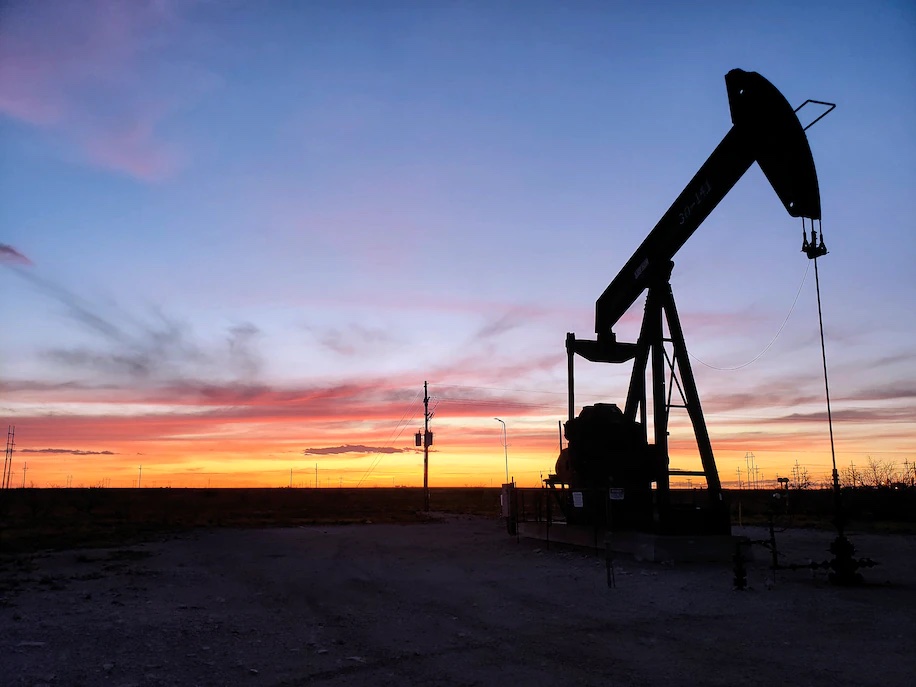Big Oil relies on some PR firms to block climate action
from WaPo
By Maxine Joselow | 11/30/21
Public relations firms have played a significant — and often overlooked — role in helping fossil fuel companies improve their environmental image and block action on climate change, according to a new paper on climate change politics published today.
The peer-reviewed paper by Brown University researchers, published in the journal Climatic Change, found that the fossil fuel industry has relied heavily on PR firms for more than three decades. (Disclosure: Your Climate 202 host went to Brown University.)
- PR firms have run hundreds of campaigns for oil and gas companies that often relied on third-party groups — sometimes called “front groups” by climate activists.
- These PR campaigns have helped shape public discourse about climate change by popularizing phrases such as “clean coal,” “renewable natural gas” and “carbon footprint,” according to the study.
- Yet the role of PR companies in preventing climate action has flown under the radar, in large part because “the work of PR firms requires that they ‘remain invisible,'” the authors write.
Robert Brulle, a visiting professor at Brown and co-author of the paper, told The Climate 202 that the role of conservative think tanks in opposing climate action has received far greater attention from policymakers and the news media.
“Everybody knows about the Heartland Institute and the Competitive Enterprise Institute and the Koch brothers. That’s not really news anymore,” Brulle said. “But the other 95 percent of these companies’ efforts to greenwash their reputations and shift public opinion are being ignored.”
Melissa Aronczyk, an associate professor of media studies at Rutgers University and author of the forthcoming book “Public Relations and the Politics of American Environmentalism,” told The Climate 202 that PR firms have helped fossil fuel companies engage in “climate obstruction,” rather than outright denial of climate science.
“It’s not okay anymore to be an outright climate denialist. No one’s going to listen to you,” Aronczyk said. “So instead, PR firms are changing the context in which climate communications take place. It’s even more insidious.”
In its supplementary materials, the paper points out certain PR firms that have helped the fossil fuel industry with key campaigns:

